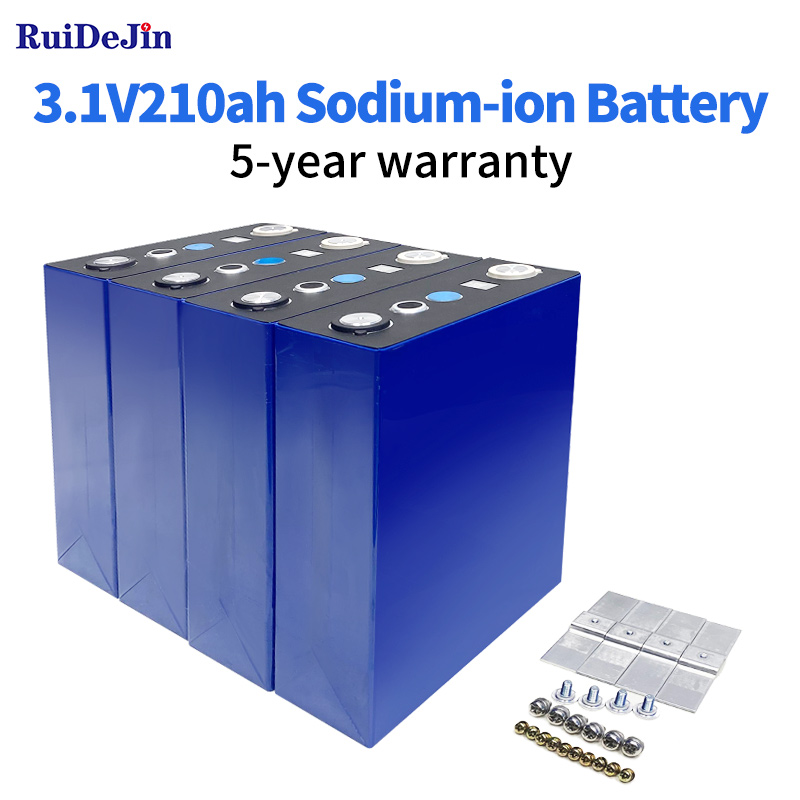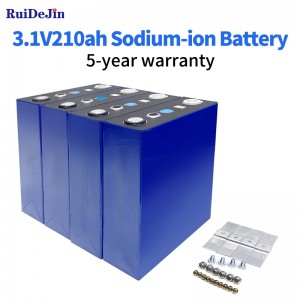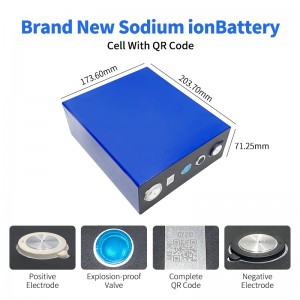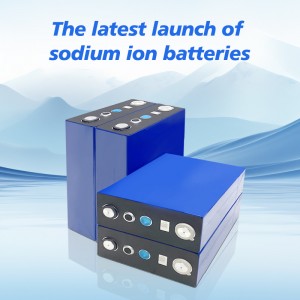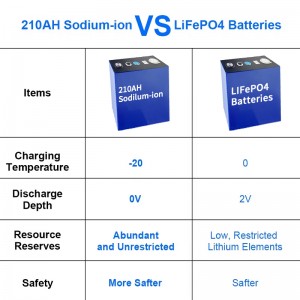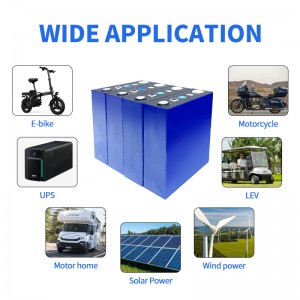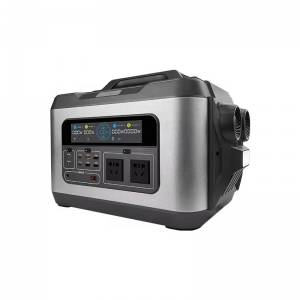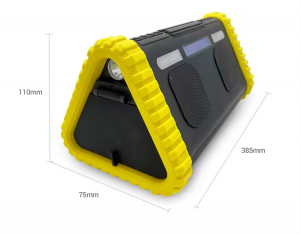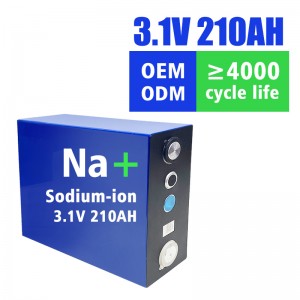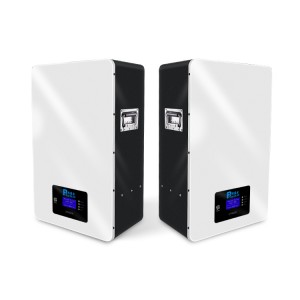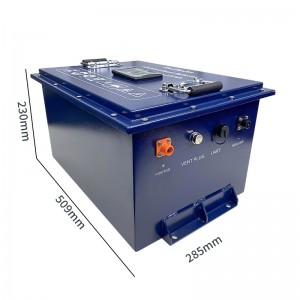210ah 220ah Sodium Ion Battery 3.1v Sodium Ion Prismatic Cells Batteryfor Energy Storage Electric Vehicle
Sodium-ion batteries: advantages and application scenarios
Sodium-ion batteries are a promising alternative to lithium-ion batteries due to their abundance and low cost. As demand for energy storage solutions continues to grow, sodium-ion batteries are gaining attention for their potential to power a wide range of applications. In this article, we explore the advantages and application scenarios of sodium-ion batteries, highlighting their potential to revolutionize the energy storage landscape.
Advantages of Sodium Ion Batteries
1. Abundance of sodium: Unlike lithium, which is relatively scarce and expensive, sodium is abundant and widely available. This abundant reserve makes sodium-ion batteries a cost-effective alternative for large-scale energy storage applications such as grid-scale storage and renewable energy integration.
2. Low cost: Compared with lithium-ion batteries, the abundance of sodium means that sodium-ion batteries are cheaper to produce. This cost advantage makes sodium-ion batteries an attractive option for applications where cost-effectiveness is a key consideration.
3. Safety: Due to the lower reactivity of sodium, sodium-ion batteries are considered safer than lithium-ion batteries. This reduction in reactivity reduces the risk of thermal runaway and improves the overall safety of the sodium-ion battery system.
4. High energy density: Recent advances in sodium-ion battery technology have increased energy density, allowing them to store large amounts of energy in compact and lightweight packages. This high energy density makes sodium-ion batteries suitable for portable electronic devices and electric vehicles.
5. Long cycle life: Sodium-ion batteries have demonstrated good cycle life, meaning they can withstand a large number of charge and discharge cycles without significant degradation. This longevity makes sodium-ion batteries a reliable choice for long-term energy storage applications.
Sodium-ion battery application scenarios
1. Grid-level energy storage: Sodium-ion batteries are cost-effective and have long cycle life, making them very suitable for grid-level energy storage. They can be used to store excess energy generated by renewable energy sources such as solar and wind and release it during periods of high demand, helping to stabilize the grid and support the integration of renewable energy.
2. Electric vehicles: The high energy density and safety of sodium-ion batteries make them a viable option for electric vehicle (EV) applications. Through continued research and development efforts, sodium-ion batteries have the potential to provide more affordable and sustainable energy storage solutions for the transportation industry.
3. Portable Electronics: The cost-effectiveness and abundance of sodium-ion batteries make them an attractive option for powering portable electronic devices such as smartphones, tablets, and laptops. Their high energy density and long cycle life make them reliable power sources for a variety of consumer electronics.
4. Off-grid power systems: In remote or off-grid locations where traditional power infrastructure is limited, sodium-ion batteries can provide reliable energy storage solutions. They can be used in conjunction with solar panels or wind turbines to store energy for use during periods of low renewable energy generation.
5. Industrial energy storage: Sodium-ion batteries can be deployed in industrial environments to store energy for peak shaving, load balancing and backup power applications. Their cost-effectiveness and long cycle life make them a practical option for industrial energy storage needs.
In summary, sodium-ion batteries have the advantages of abundance, low cost, safety, high energy density, and long cycle life. These advantages make them ideally suited for a variety of applications, from grid-scale energy storage to electric vehicles and portable electronics. As research and development of sodium-ion battery technology continues to advance, we expect to see further advances that will expand its potential applications and aid the transition to more sustainable and efficient energy storage.

